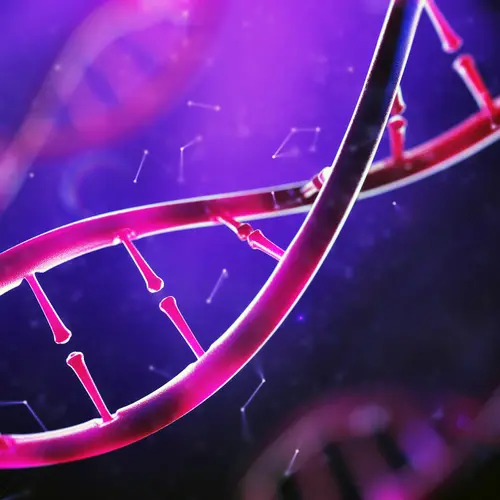Living with a chronic illness like depression can feel overwhelming. That's why it's important to seek depression support to help manage your mood and enjoy your life to the fullest. Whether from your spouse, your therapist, or a depression support group, you can find plenty of caring contacts available to give you much-needed support.
With the help of your depression support team, you can stay on top of your depression symptoms.
Where Can I Turn for Depression Support?
Although you cannot control the fact that you may have clinical depression, you can seek a depression support system for yourself. Getting family help with depression is a great place to start. Talk openly with people close to you -- family members, friends, and co-workers -- to help them understand your treatment and that you're doing all you can to follow your doctor's recommendations.
Also, you can find support for depression through religious organizations in your community, whether from the pastor, rabbi, or other religious leader, small groups, or caring individuals within the organizations.
What Is a Depression Support Group?
Depression support groups such as those sponsored by Mental Health America (MHA) or the Depression and Bipolar Support Alliance (DBSA) are geared toward meeting the needs of those with depression. While depression support groups are not psychotherapy groups, they can provide you with a safe and accepting place to vent your frustrations and fears and receive comfort and encouragement from others.
In a depression support group, members often share coping suggestions that others find useful. This helps give you the assurance that "someone else knows what I am going through," as people share their struggles living with various types of depression. This camaraderie is vital in order to begin the healing process.
After joining a depression support group, you may realize that the best experts on depression are often those who live with it daily. But always check with your doctor before taking a new "suggested" remedy, including over-the-counter dietary supplements. Even natural remedies have side effects and may interact with medications.
How Do I Find an Online Depression Support Group?
Online depression support groups can provide you with encouragement from others -- even people you don't know. They can help you realize that you’re not alone in dealing with the feelings of depression. This added support can give you new confidence as you learn to manage your depression and handle daily challenges.
For more information, see WebMD's article on Preventing Depression.
Is Psychotherapy a Good Place to Get Depression Support?
Yes, psychotherapy is another way of getting much-needed depression support. The role of psychological counseling in managing depression is to relieve symptoms and help you develop appropriate and workable coping strategies to deal with all of the issues that affect you.
Psychotherapy -- also called talk therapy -- is a vital part of depression recovery for most people. Research has shown that a combination of medication and therapy is often the most effective strategy for people with depression.
Psychotherapy also helps you identify early warning signs and your therapist can teach you ways to cope with potentially harmful thought patterns and perceptions.
How Can I Self-Manage my Depression?
Ongoing studies are published all the time on new ways of diagnosing and treating depression. Sure, we all wait for the next cutting-edge discovery to increase our understanding of depression. But until then, you must be your mental health guardian each day. Here are some easy ways to give yourself daily depression support:
- Monitor your mood each day and make notes of what makes you feel better and what makes you feel worse
- Keep a regular routine that requires you to get up, get dressed, and have meaningful work or activities
- Make healthy lifestyle choices
- Eat a balanced diet, even if you aren't hungry
- Get plenty of sleep at night but be aware if you're sleeping too much, as this may indicate that your depression treatment is not yet adequate
- Avoid detrimental habits such as cigarette smoking and alcohol use
- Avoid street drugs like marijuana or cocaine, which can make depression worse or cause medication treatments to be less effective.
- Take your prescribed medications daily and make sure you don't run out
- Call your doctor if your mood gets worse or if your treatment is not working.
It can take time -- usually a few weeks or even longer -- for your depression treatment to take full effect. It's important to stay in touch with your doctor and therapist and alert them if your depression symptoms are not improving.
It's true that depression is a disease defined by emotional pain. But depression is also a common and treatable illness. With the proper depression support, along with medication and talk therapy as necessary, you can get started on the road to a meaningful and fulfilling life without suffering with the feelings of helplessness, hopelessness, and worthlessness.

